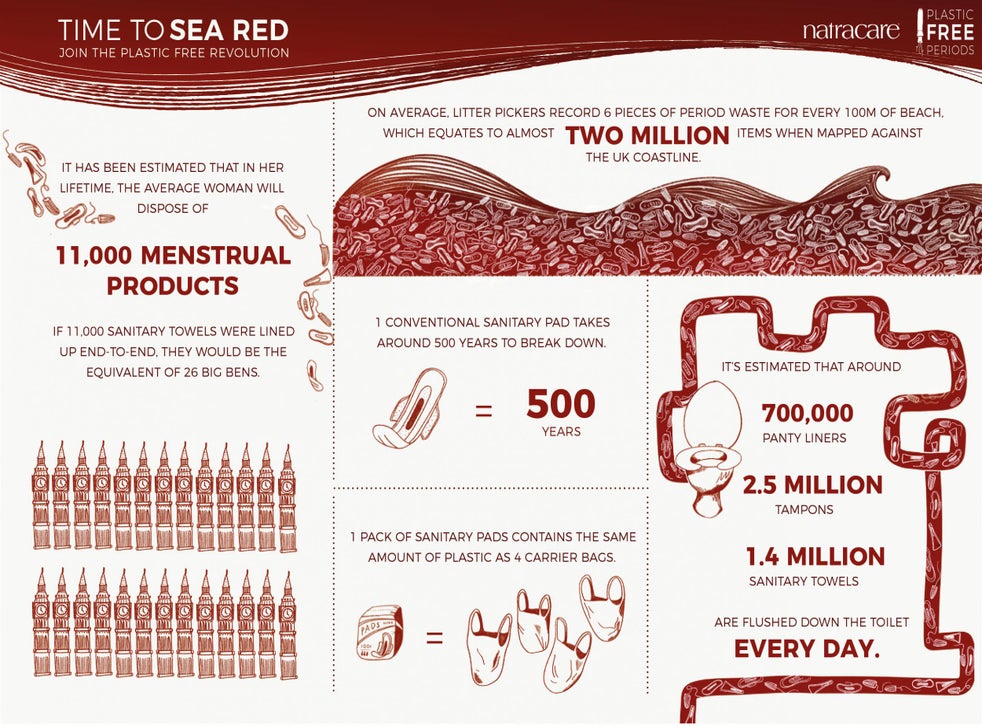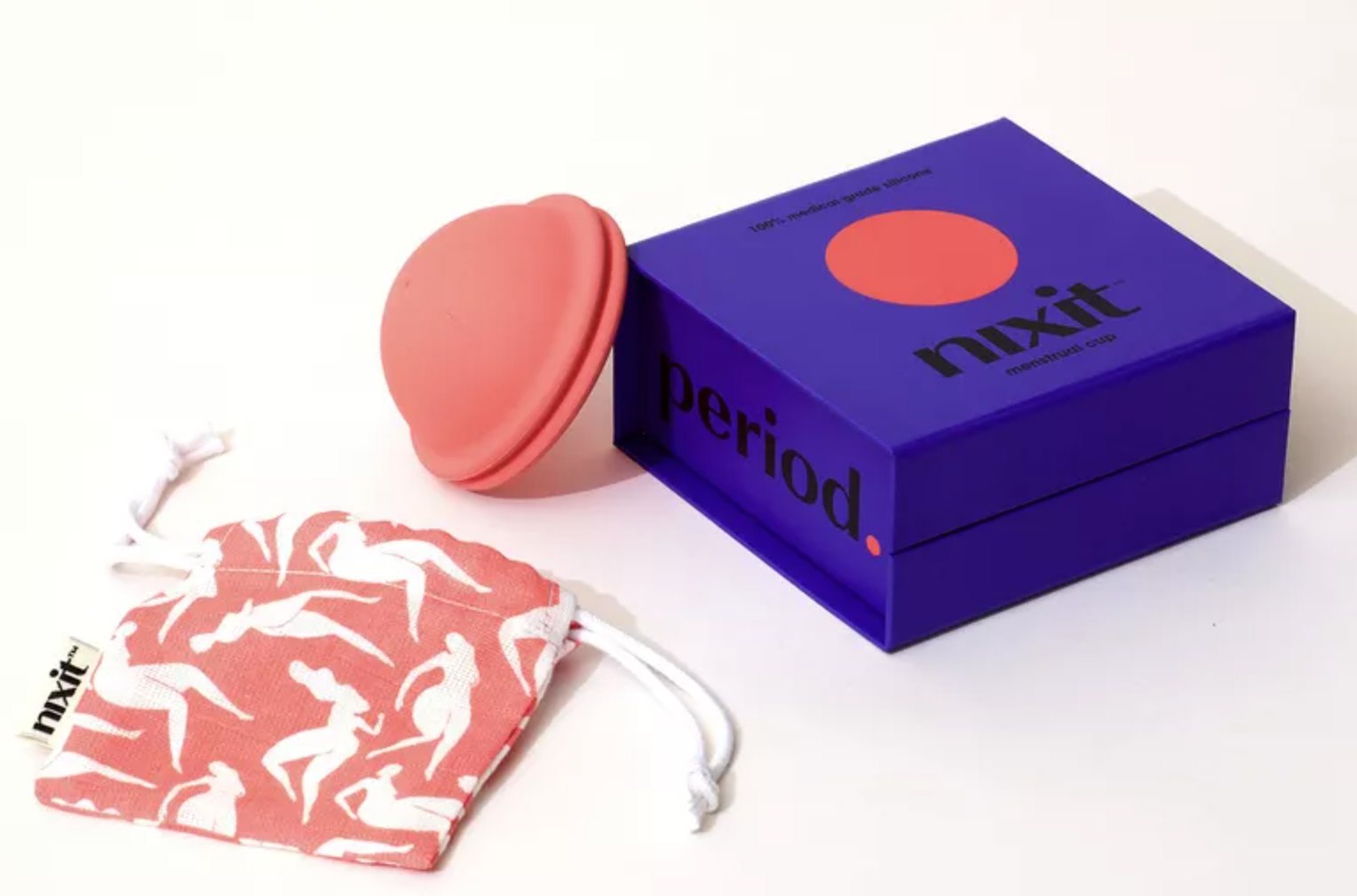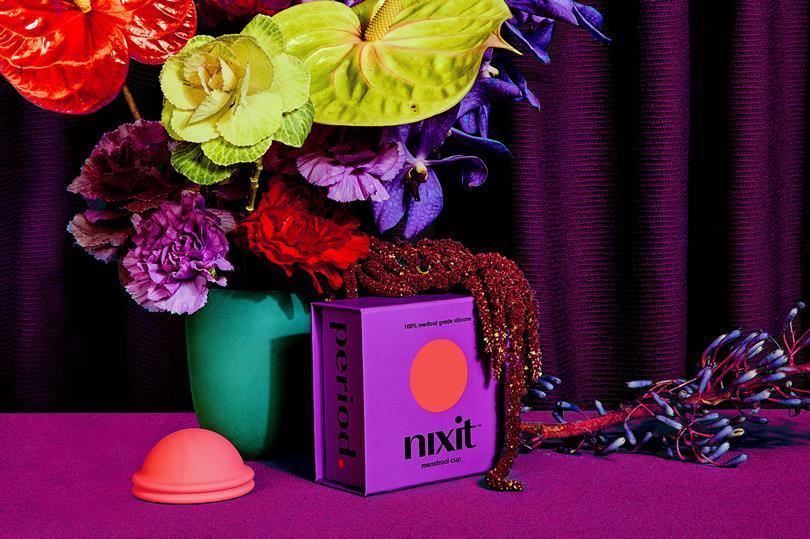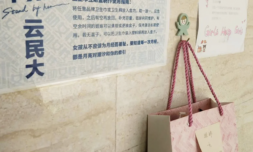Nixit is a one-size-fits-all menstrual disc designed to ‘nix’ the wastage and stigma typically associated with having a period.
Although disposable tampons and sanitary towels are extremely commonplace, 80% of women don’t realise that the majority of their period products aren’t made with cotton or compostable materials.
In fact, given that manufacturers aren’t usually required to disclose a list of ingredients when selling these items, pesticides, glue, and even bleach has been discovered in a large number of them. They also cause significant wastage and can’t be recycled or repurposed.
As new statistics continue to be published regularly and reach mainstream news, it’s unsurprising that a backlash against the feminine care industry has been steadily growing.

Eco-conscious consumers are demanding alternatives that are better for their both bodies and the planet. The market for menstrual cups is a growing trend among like-minded millennials and Gen Zers and is expected to be worth $963 million by 2026. Suppliers are racing to keep up and companies are eager to chime in with their own options.
But one start-up is very much leading the way. Since launching in 2019, Nixit has successfully prevented more than 42 million single-use period products from going to landfill, a figure which – if applied to the average menstruating consumer – would reduce period-related waste by 93% annually. This is because menstrual cups can be reused cycle after cycle for well over a decade.
Founded by former lawyer Rachael Newton, the company strives to meet the needs of a generation more environmentally minded than ever before.
‘We have all been made aware of the impact of single-use plastics and, unfortunately, conventional menstrual products are just that,’ she says. ‘I couldn’t believe that there was the equivalent of four plastic bags in a pack of pads and that all those tampon applicators I was using were not biodegradable. I was stunned to find out that menstrual products are the fifth most common source of waste washing up on beaches.’
Propelled by this shift to promote sustainability, Nixit is also seeking to open the floor to a more honest conversation surrounding menstrual care.
‘For years, we’ve been taught that periods aren’t something to shout about, and that we should quietly get on with them and go about our daily business as if nothing is different,’ says Newton. ‘This has fuelled the use of conventional products like tampons and pads. A lack of open conversation has meant that we’re using products we just don’t know enough about.’






















